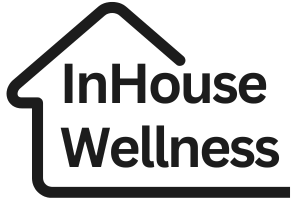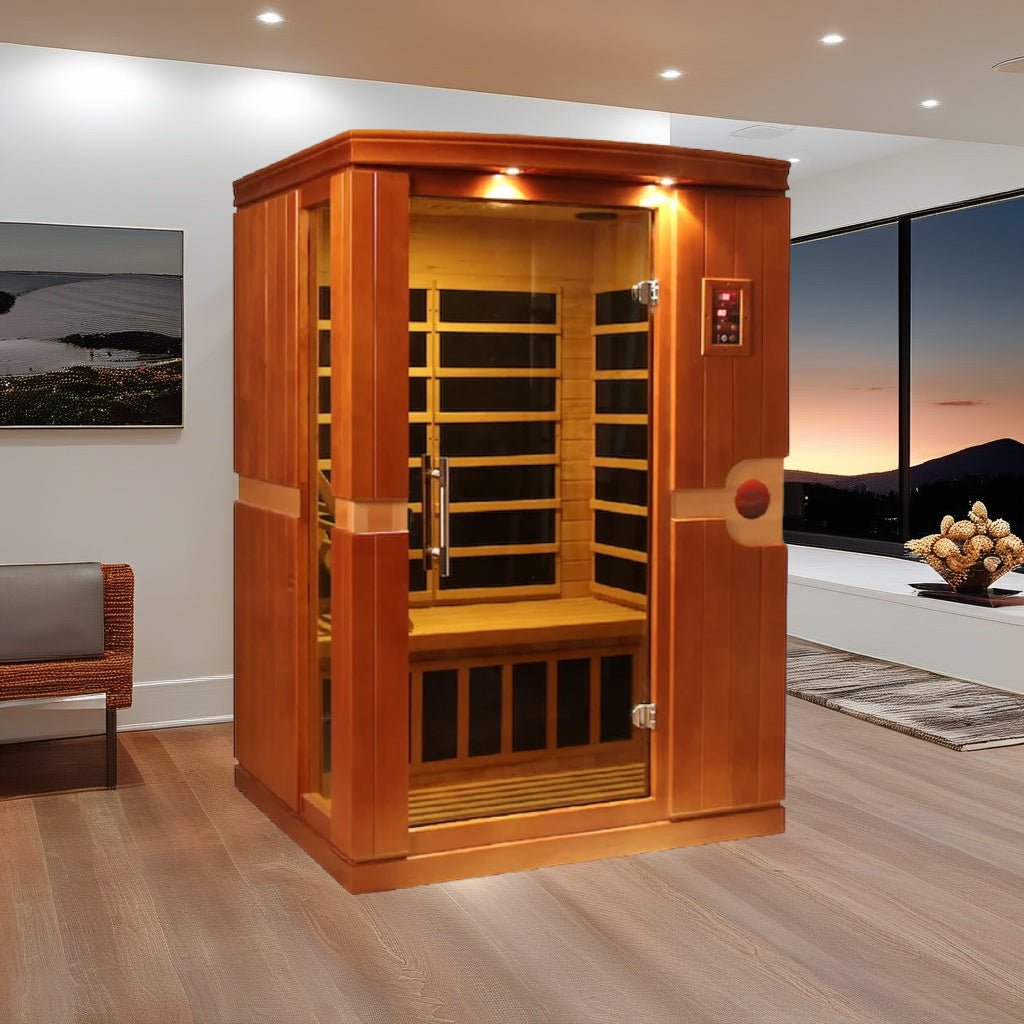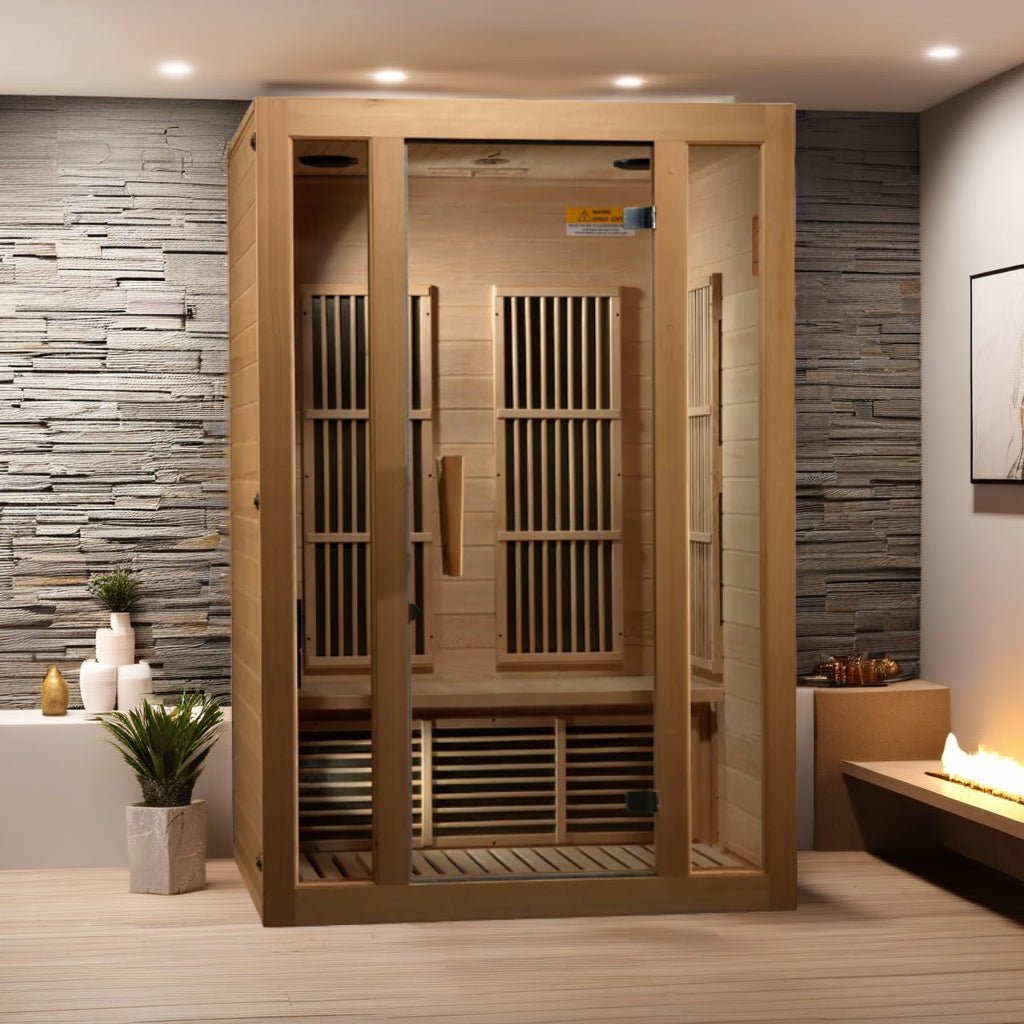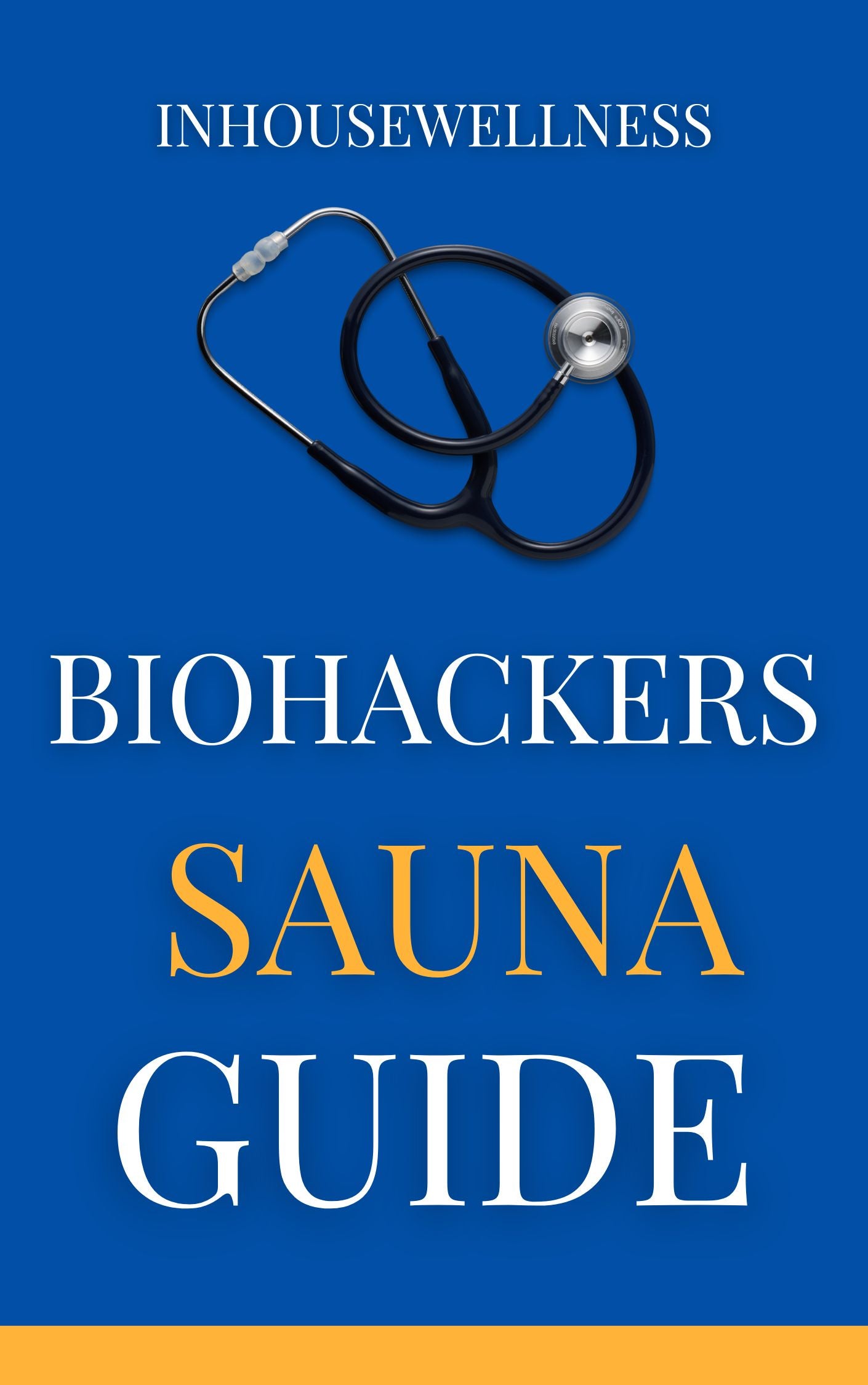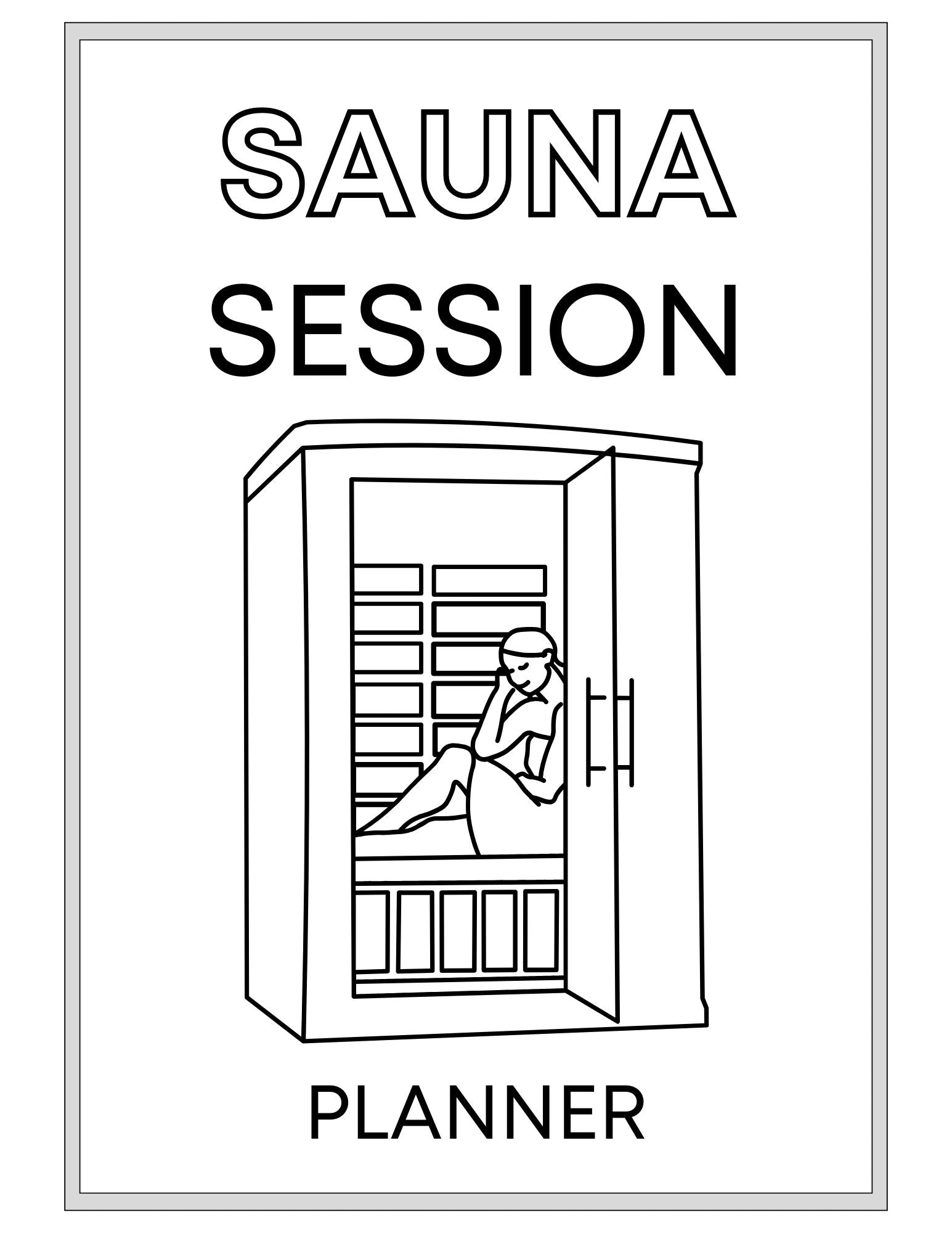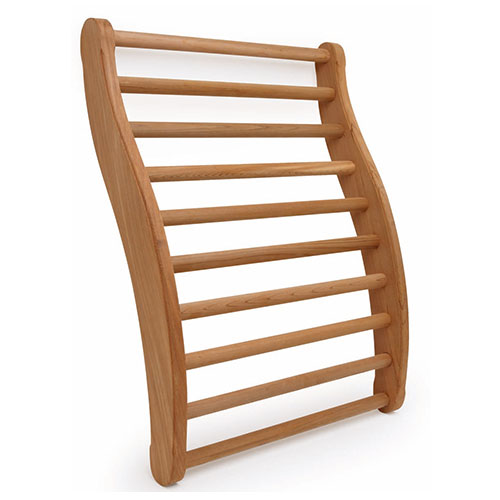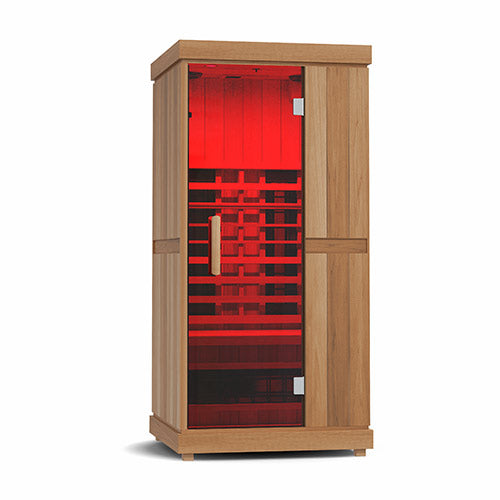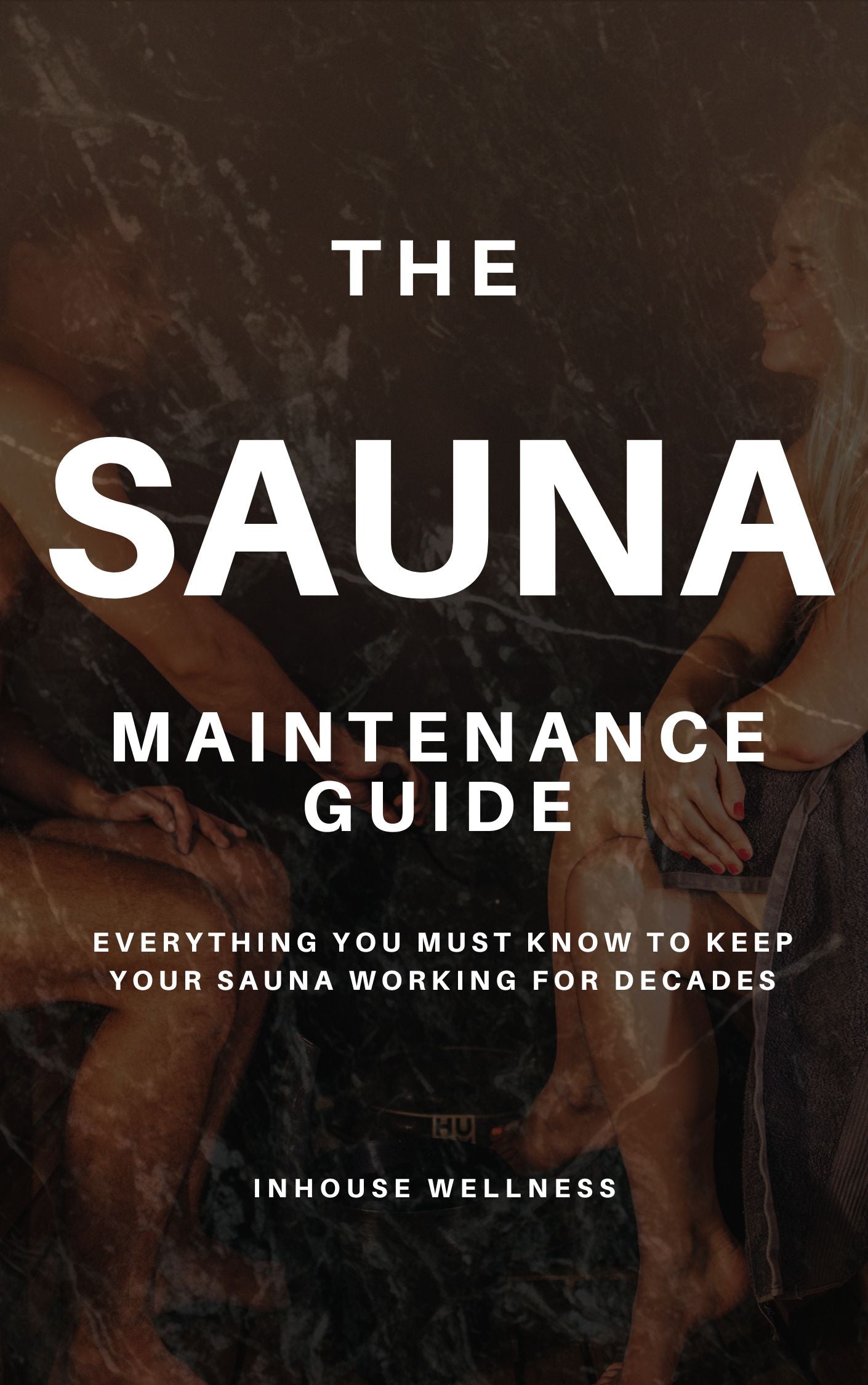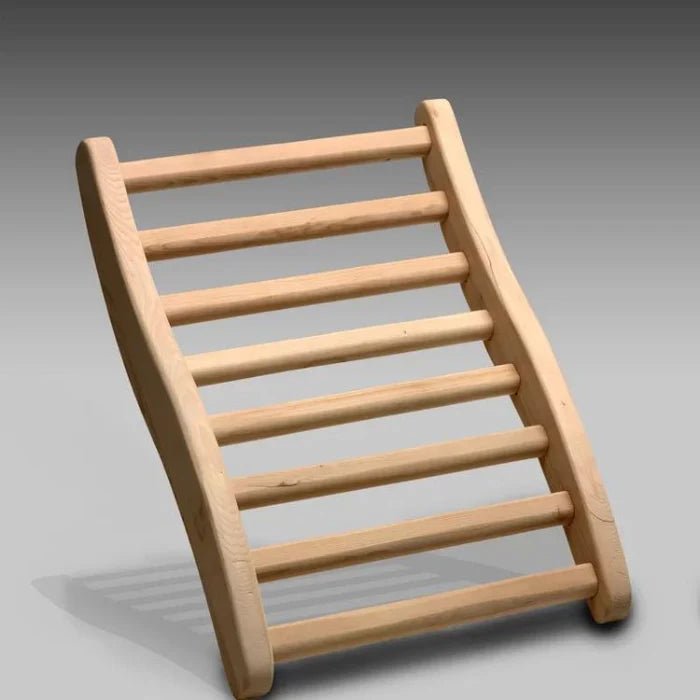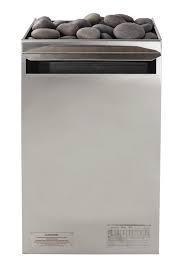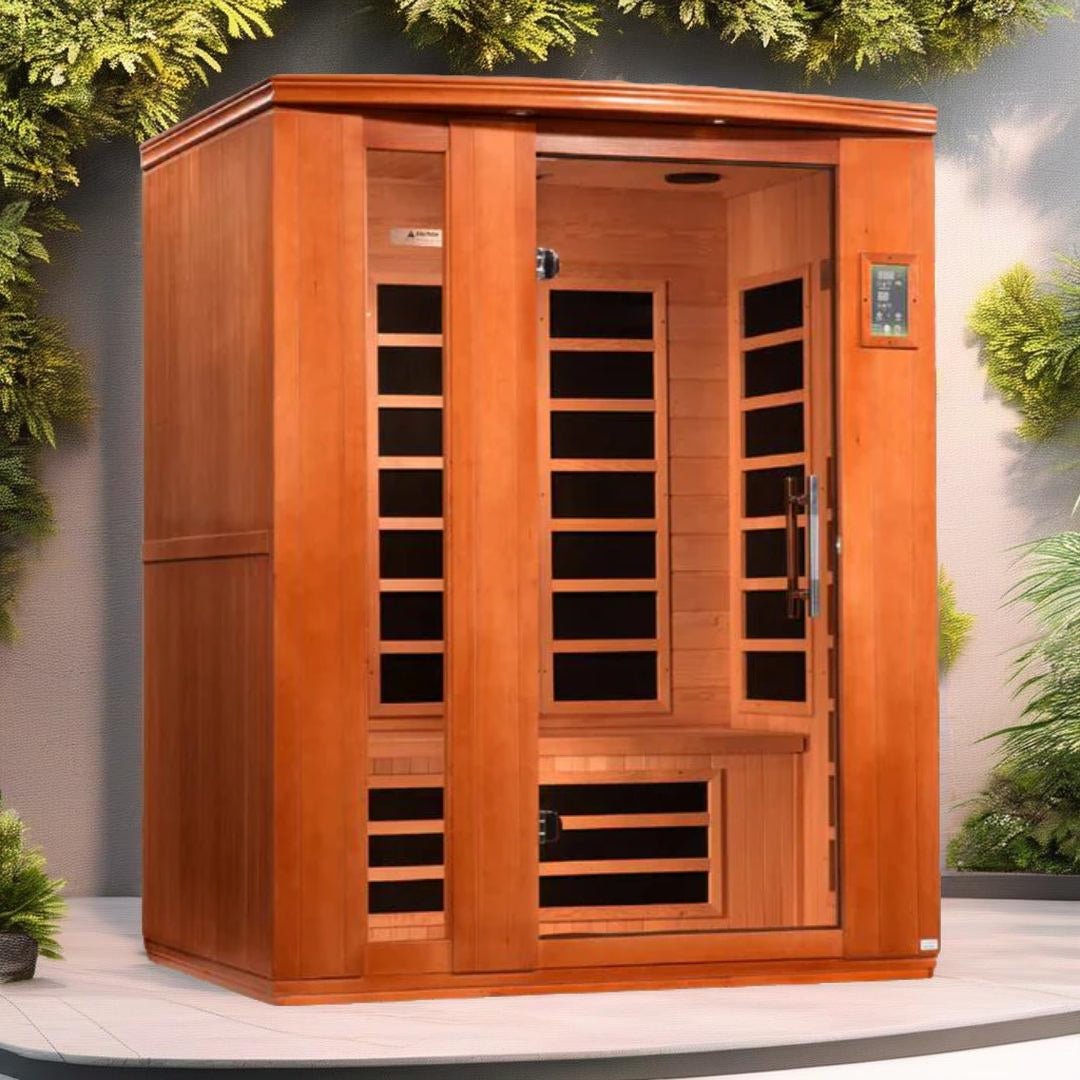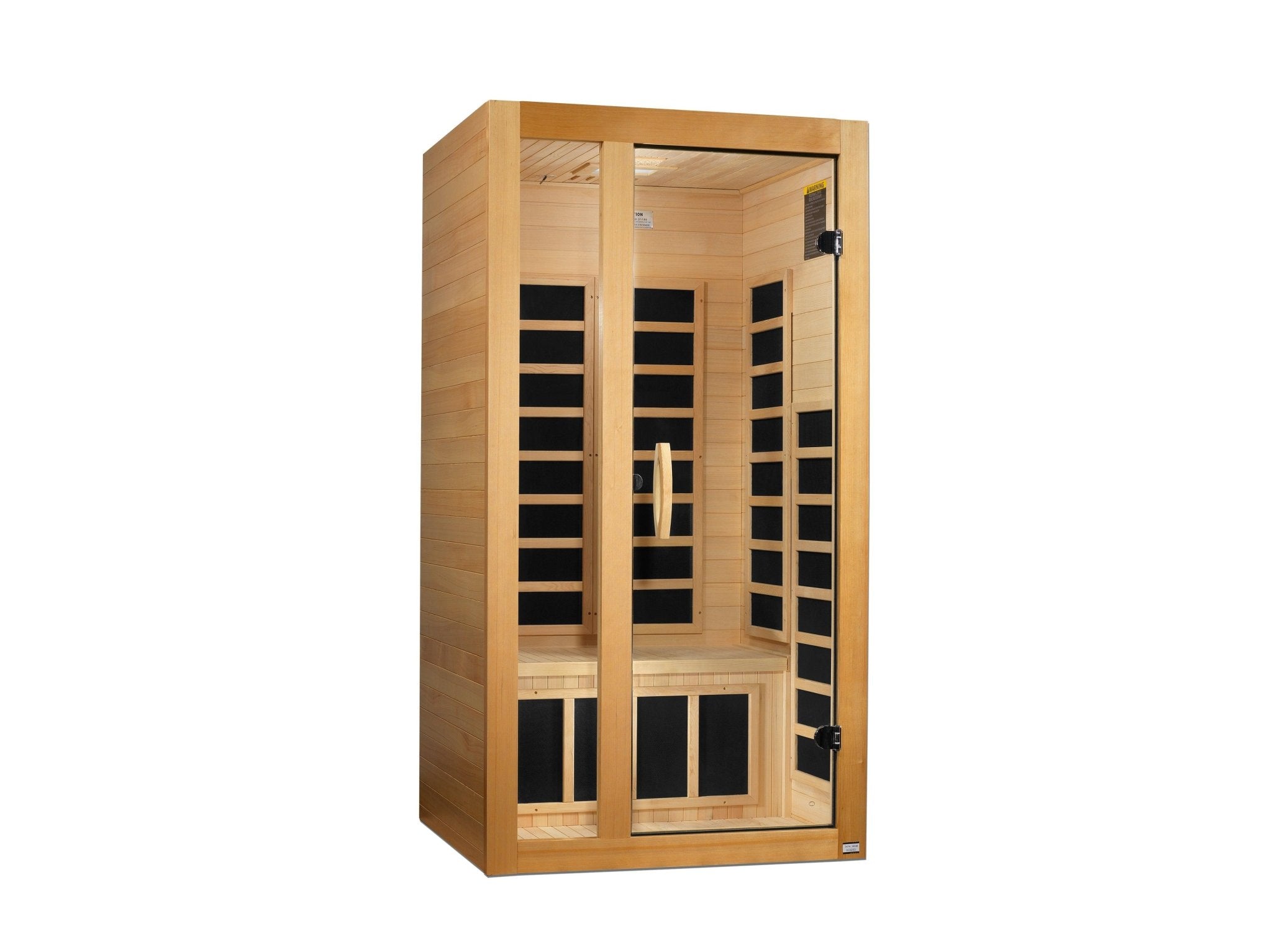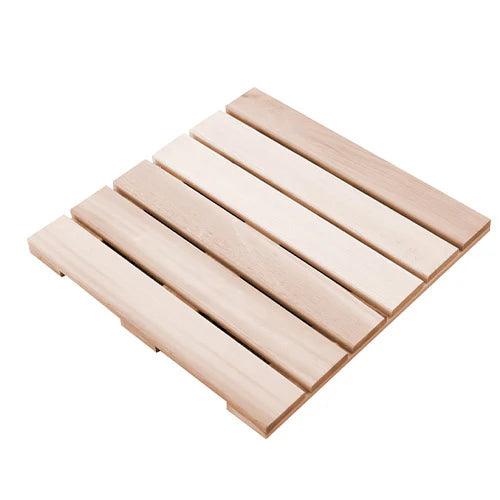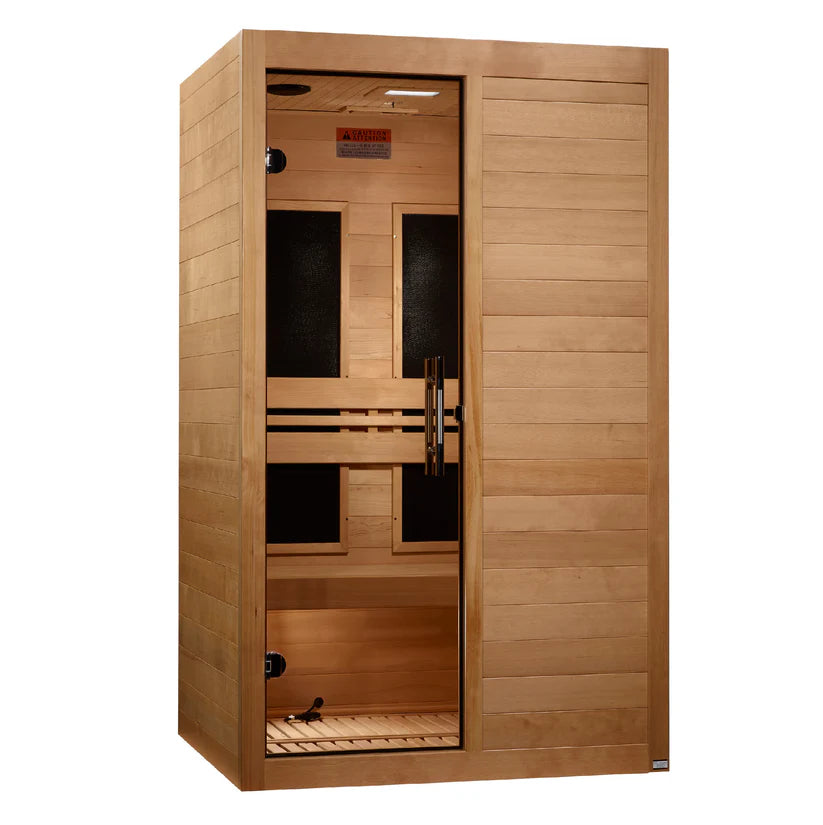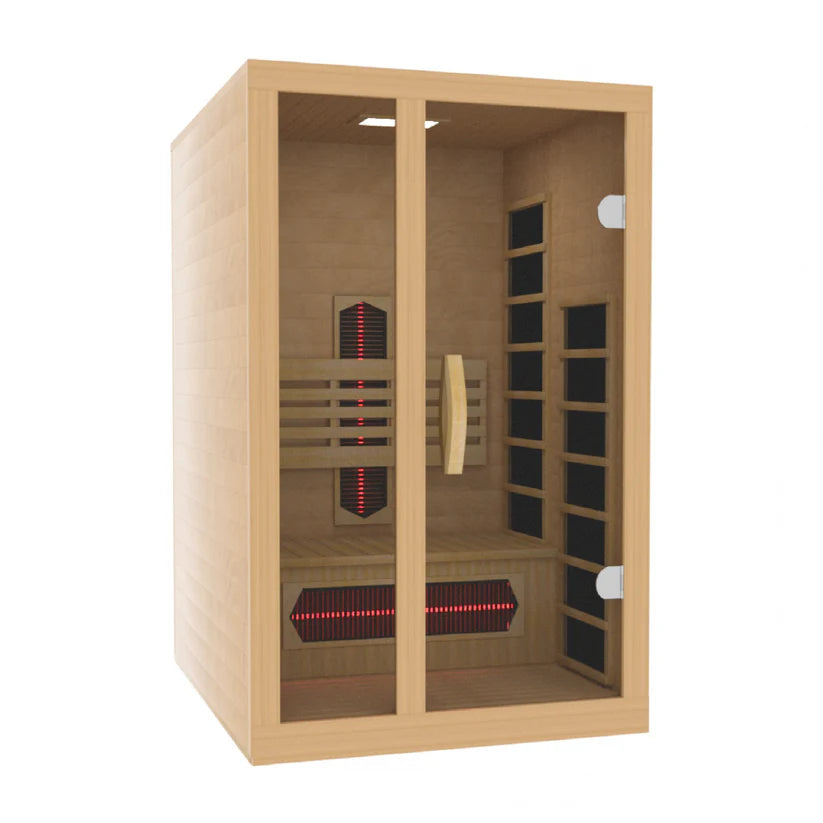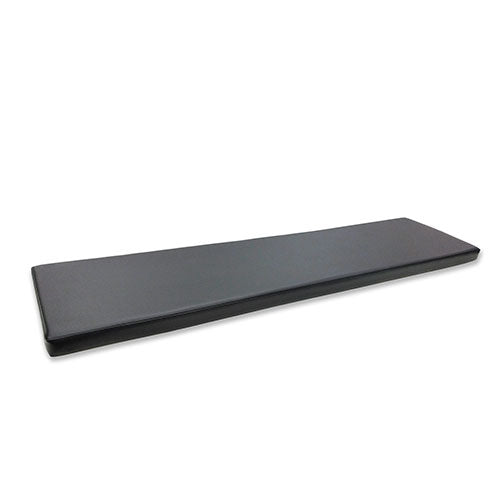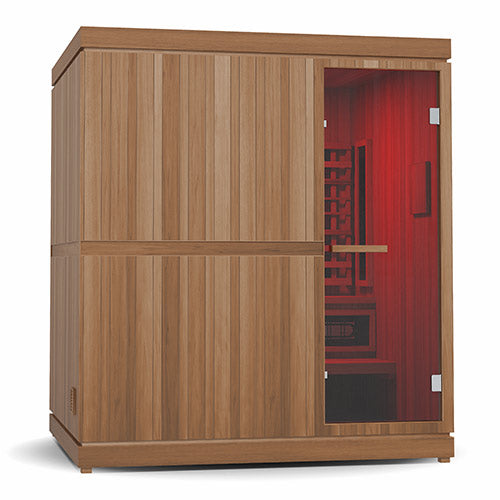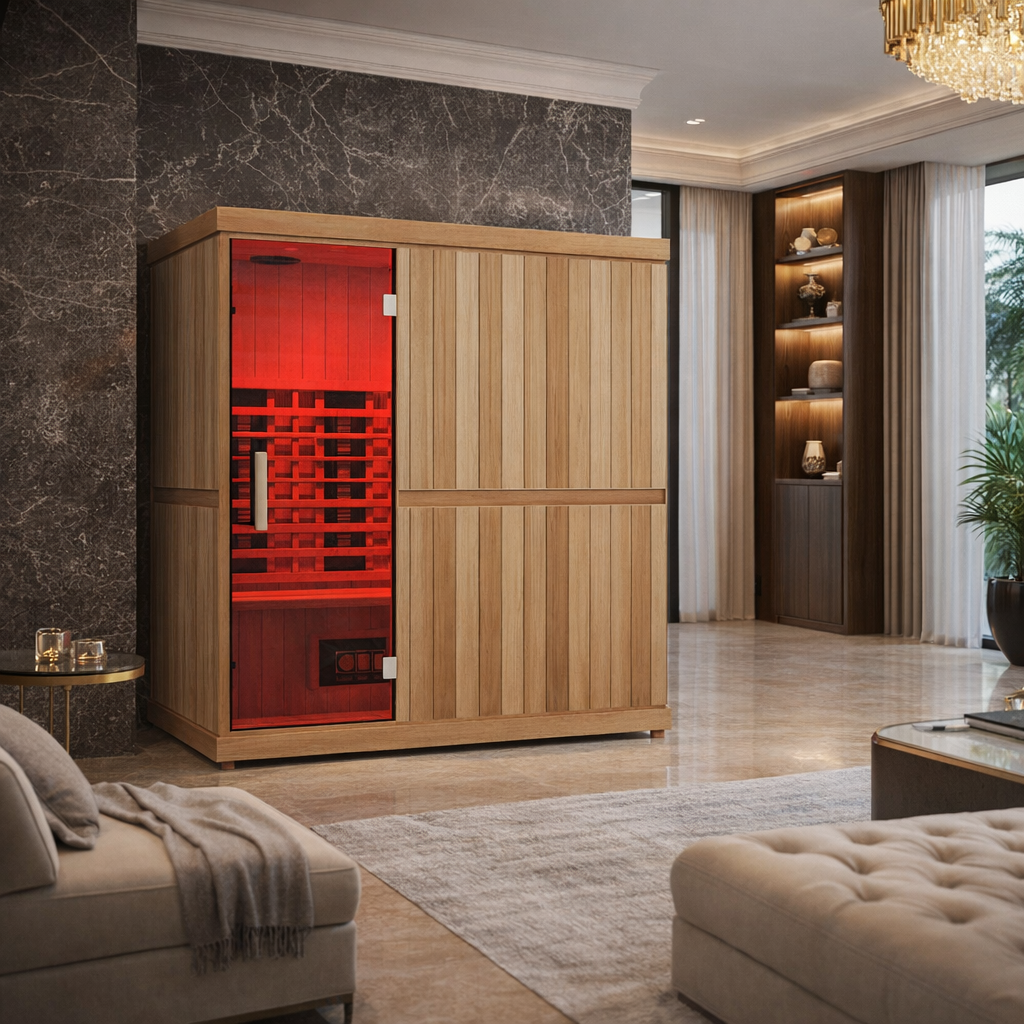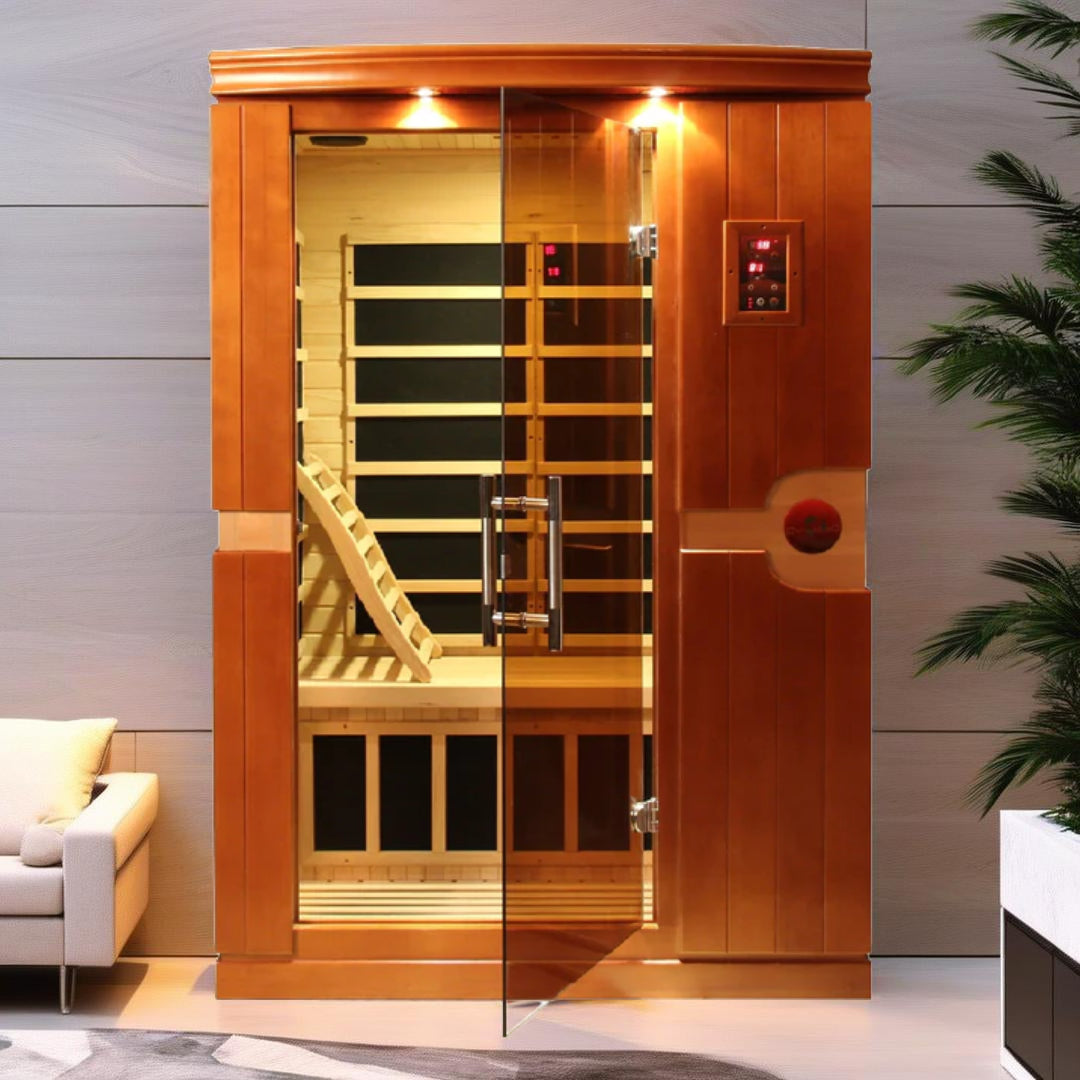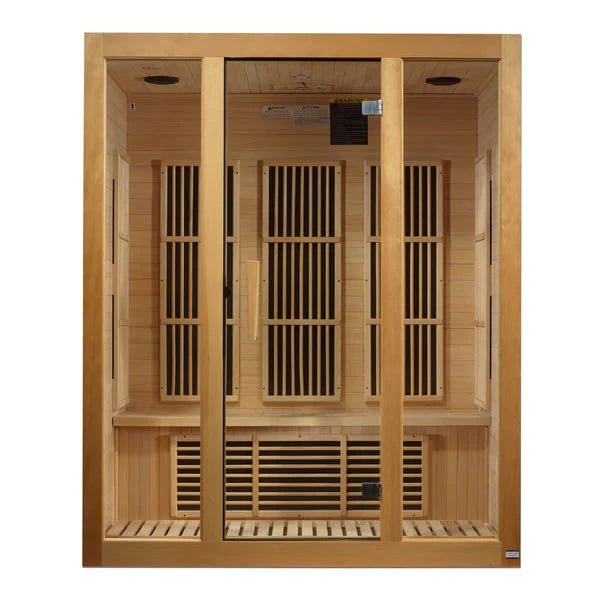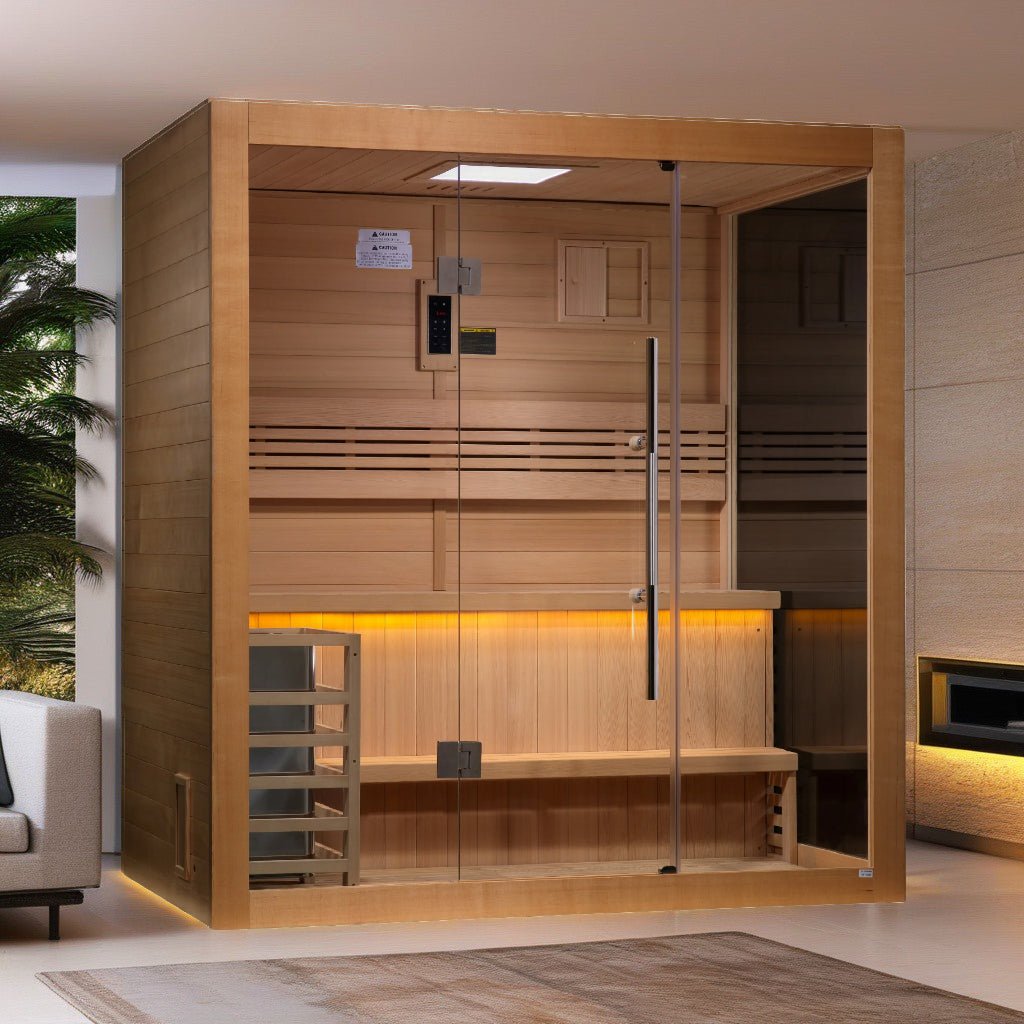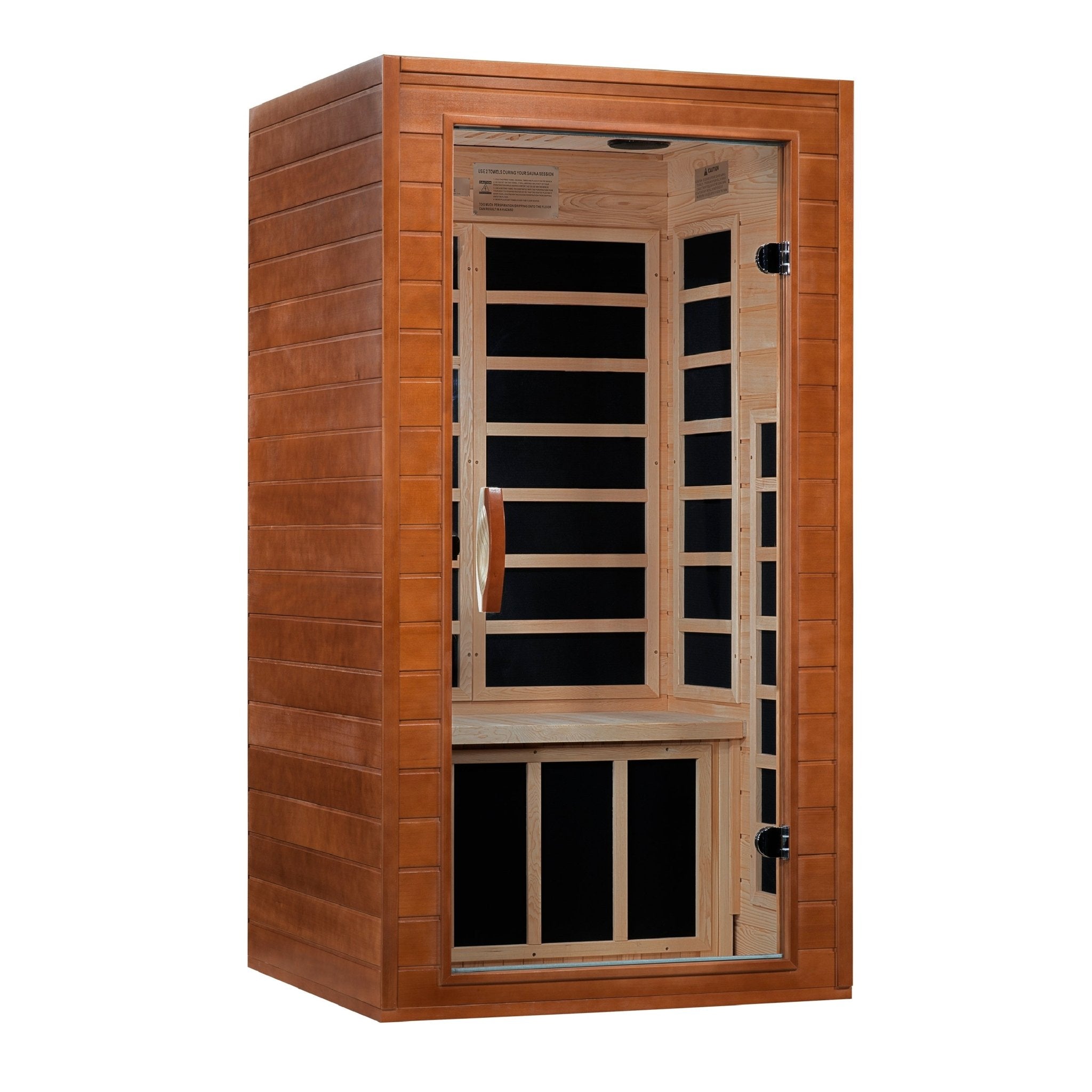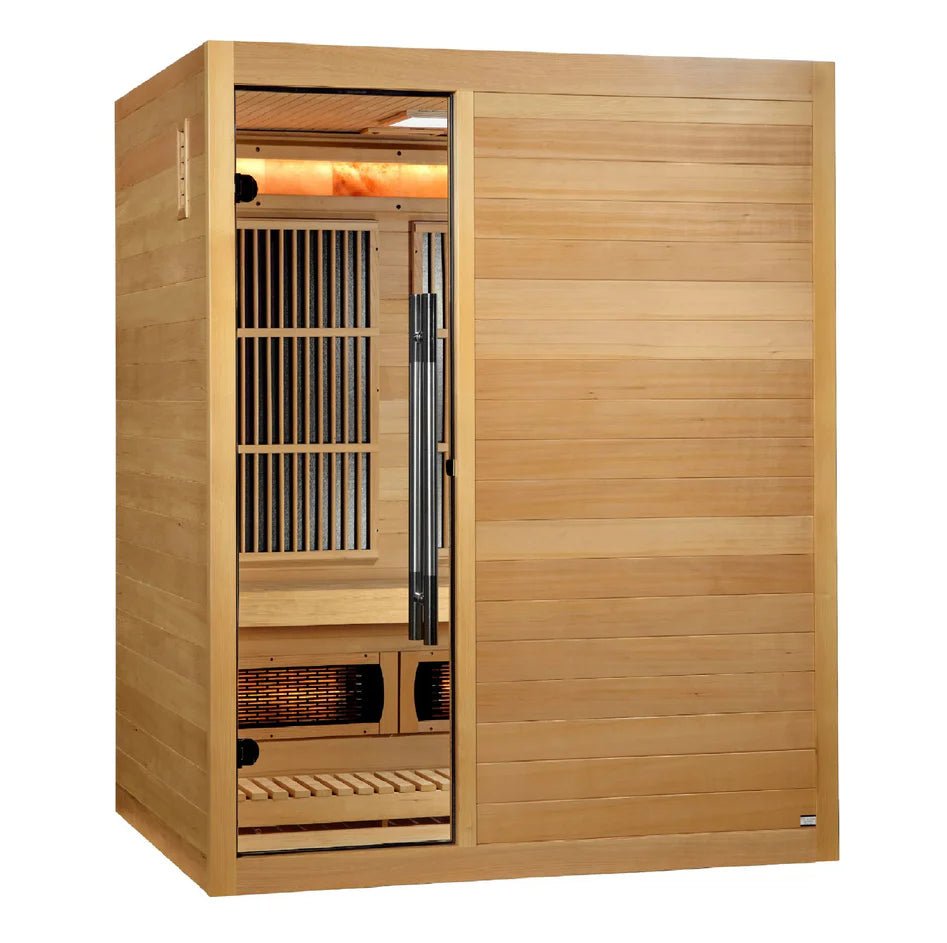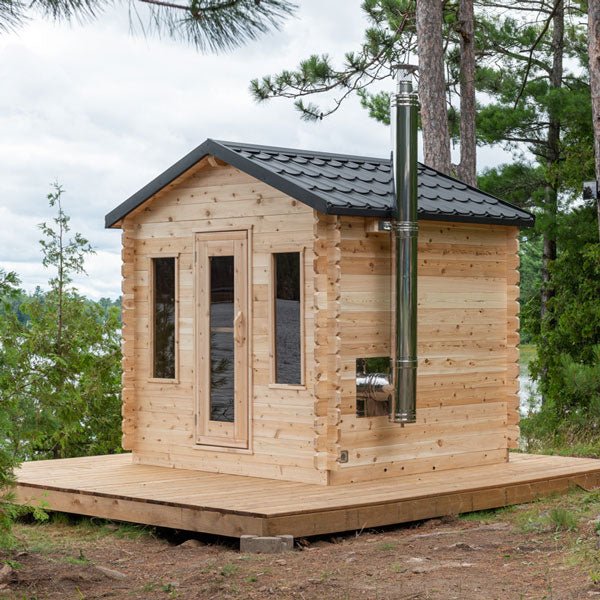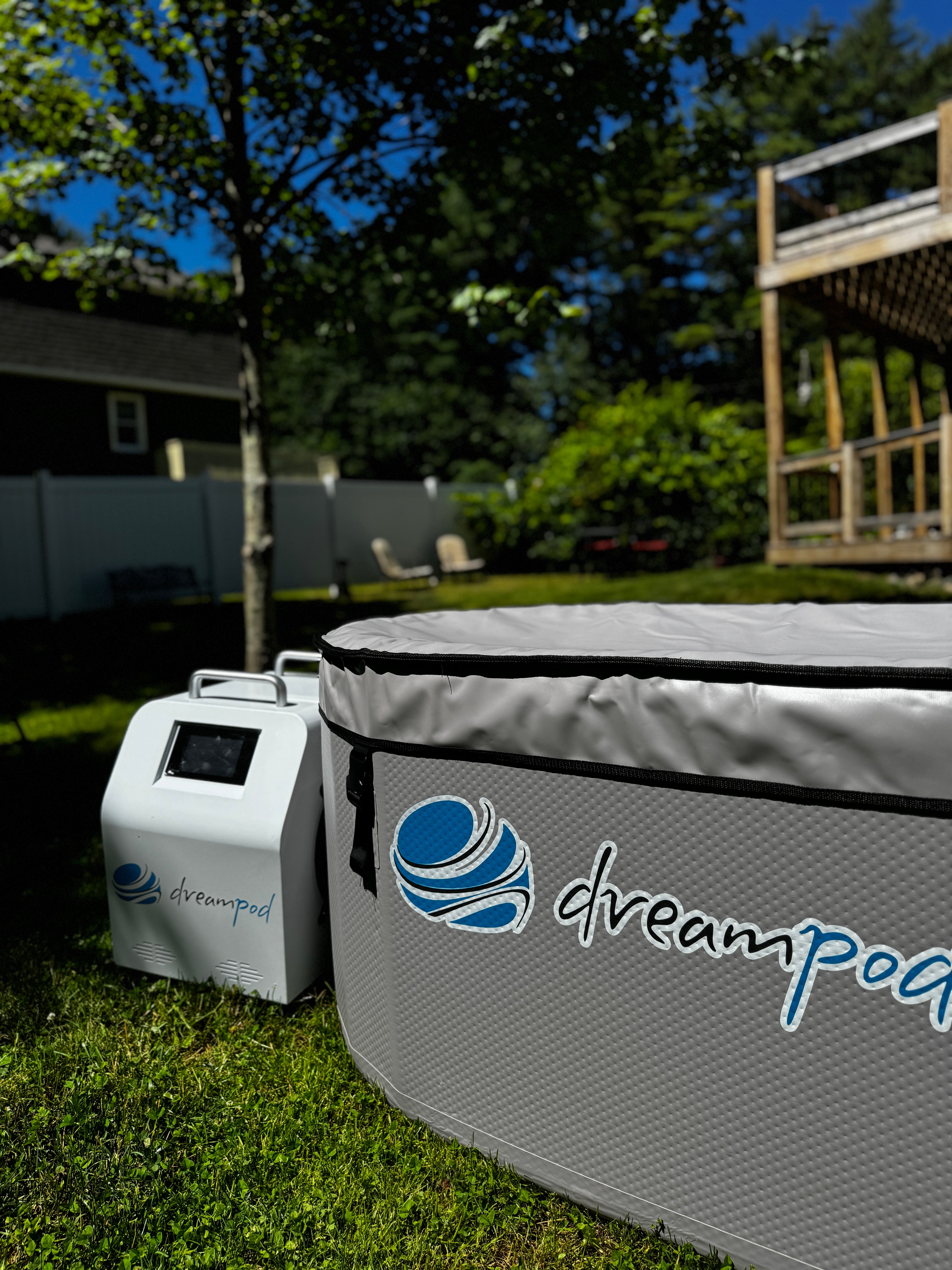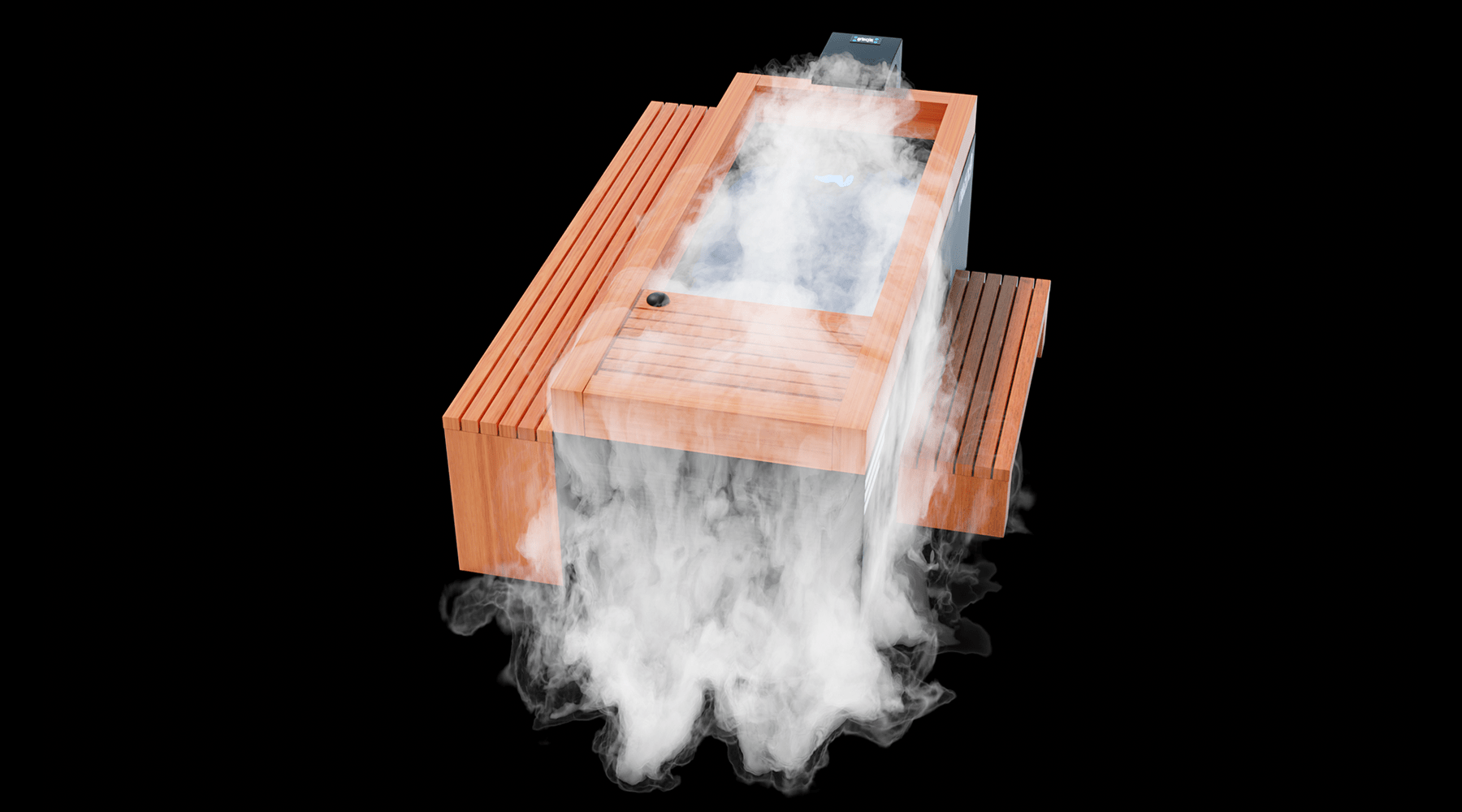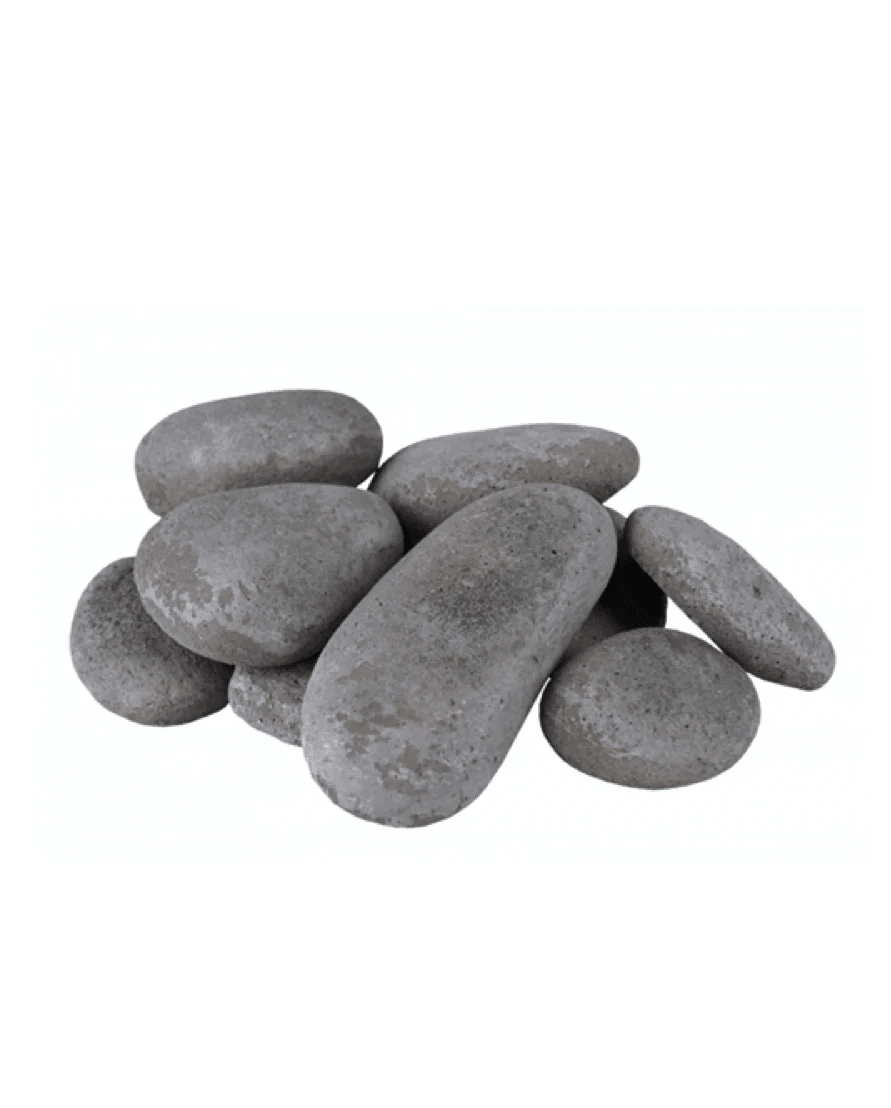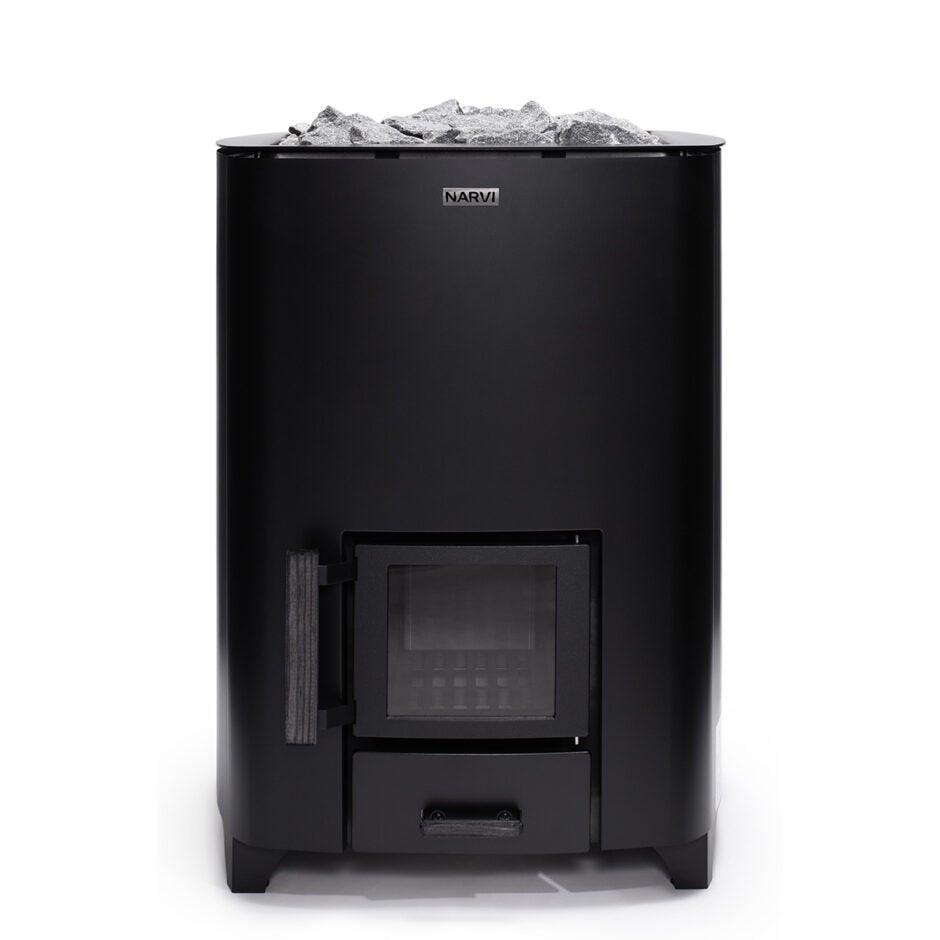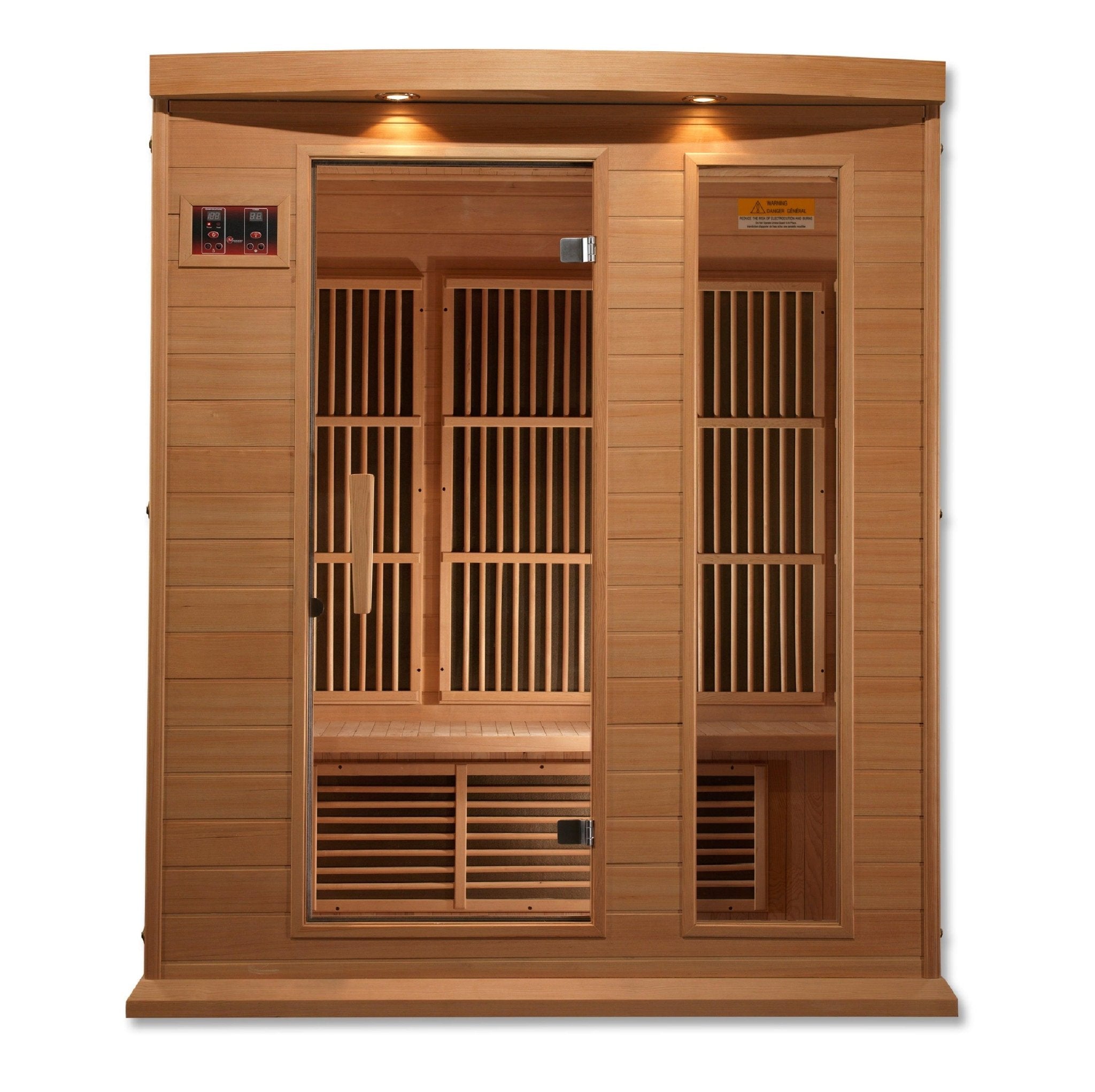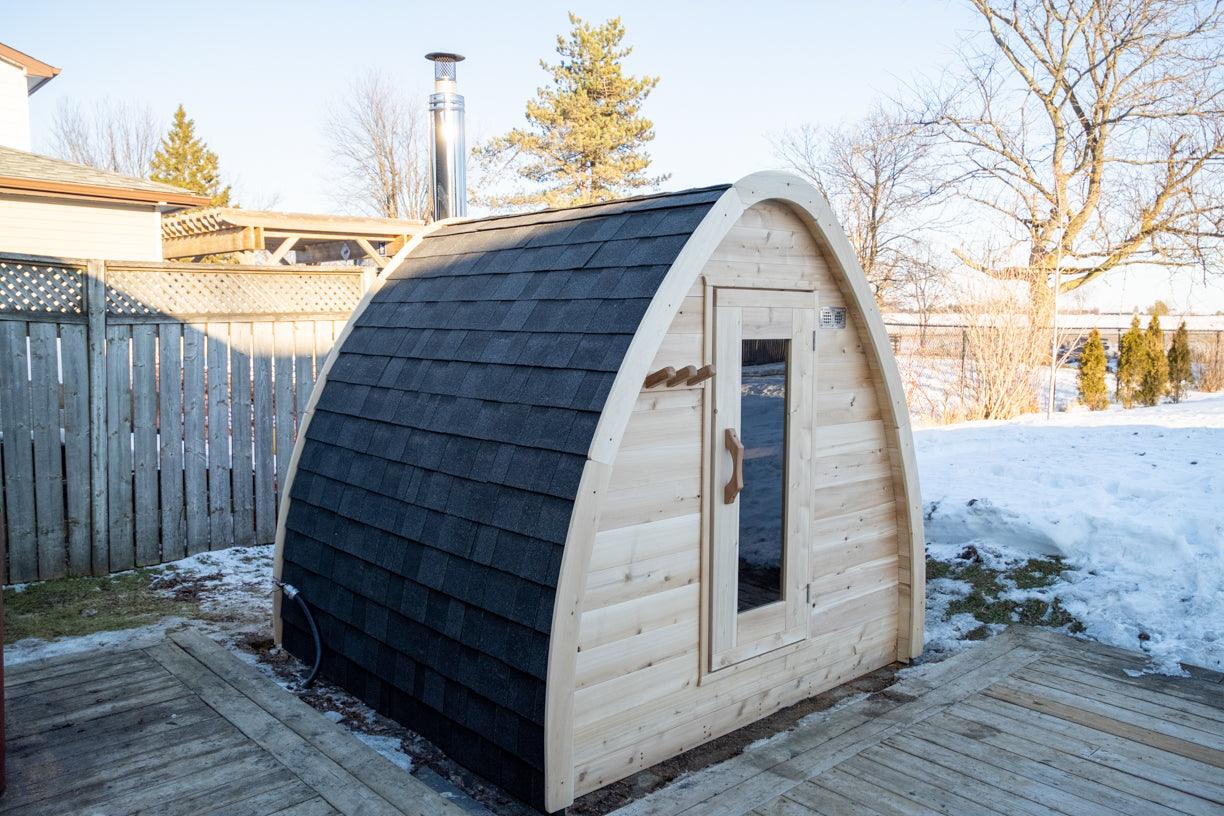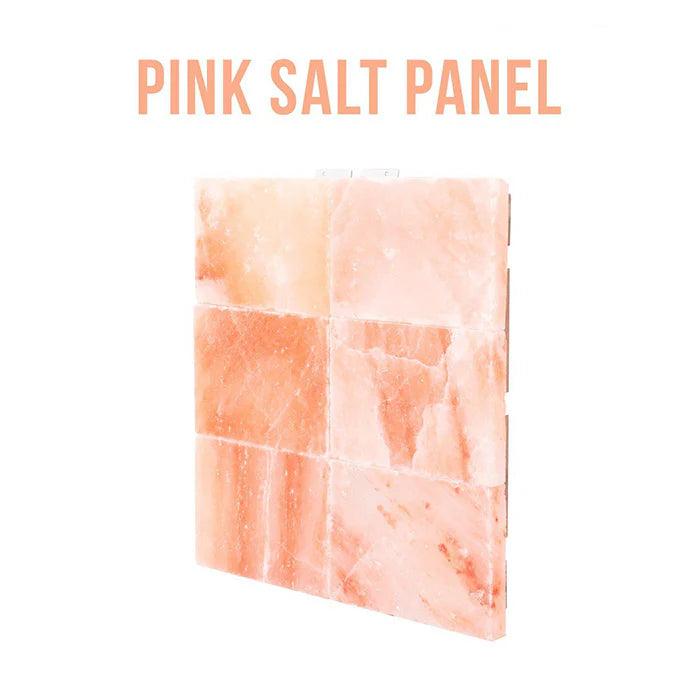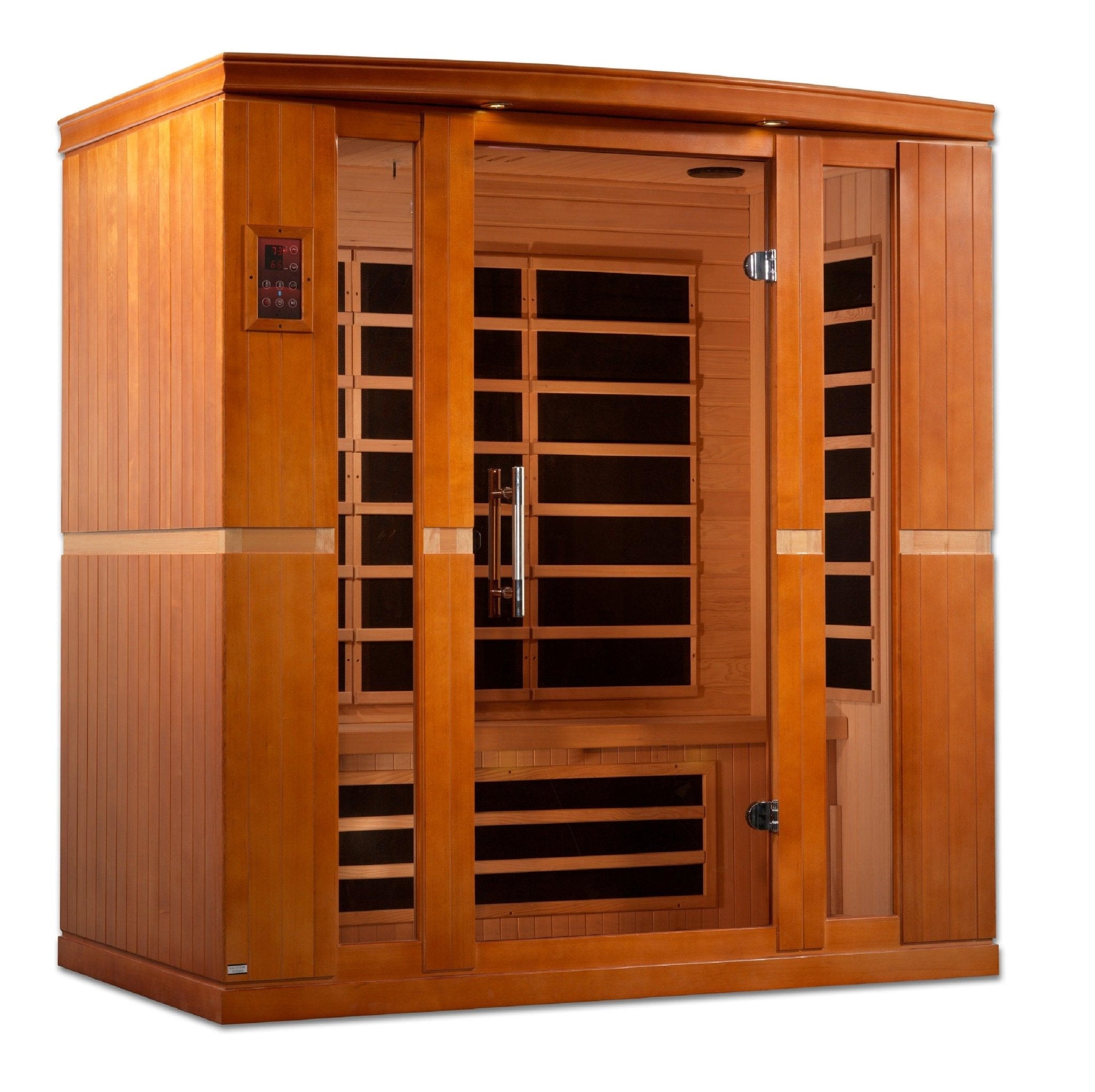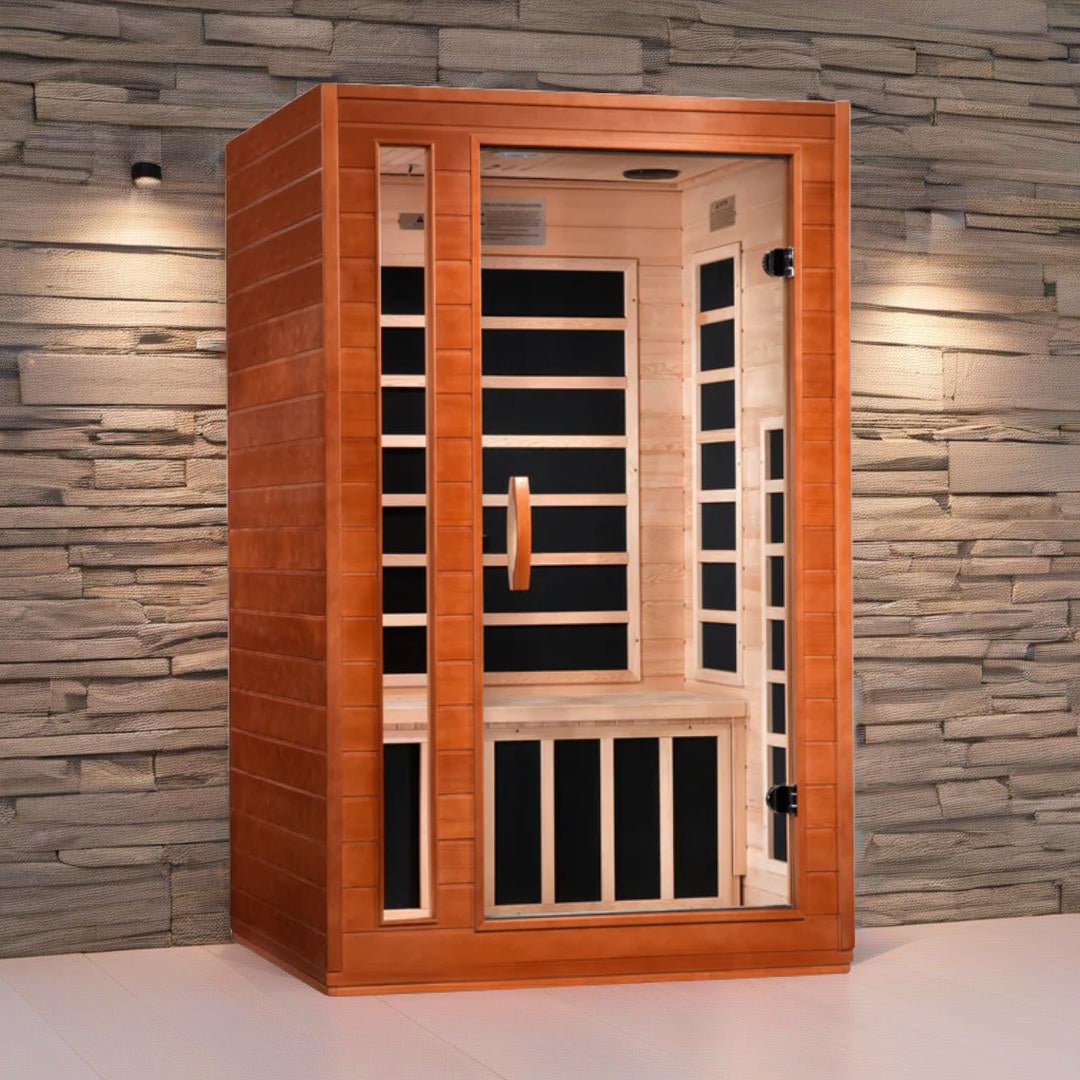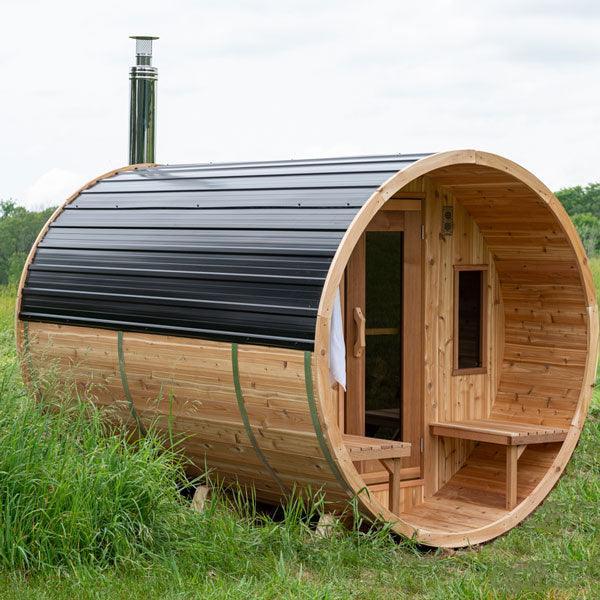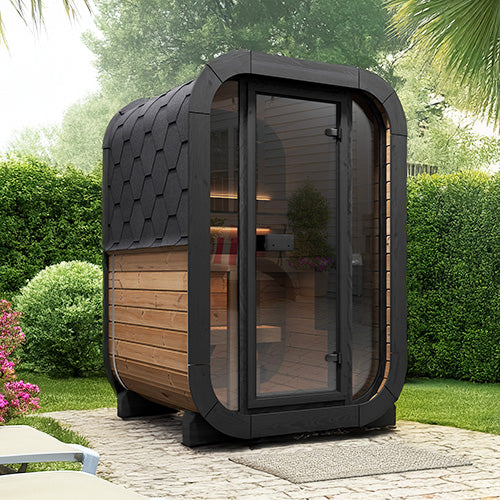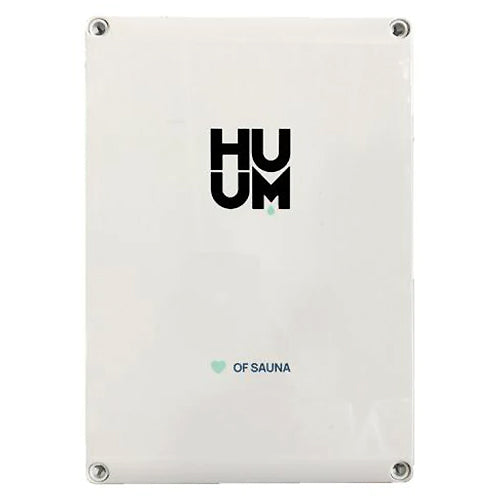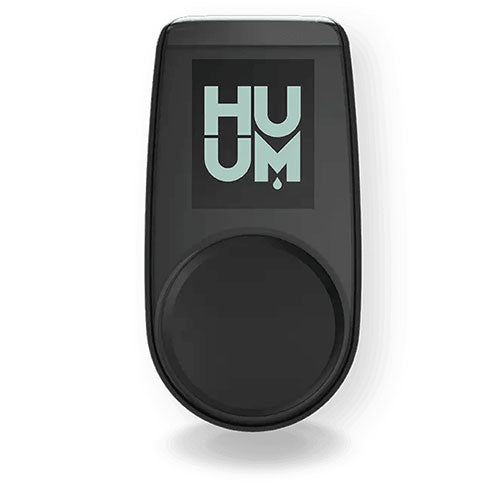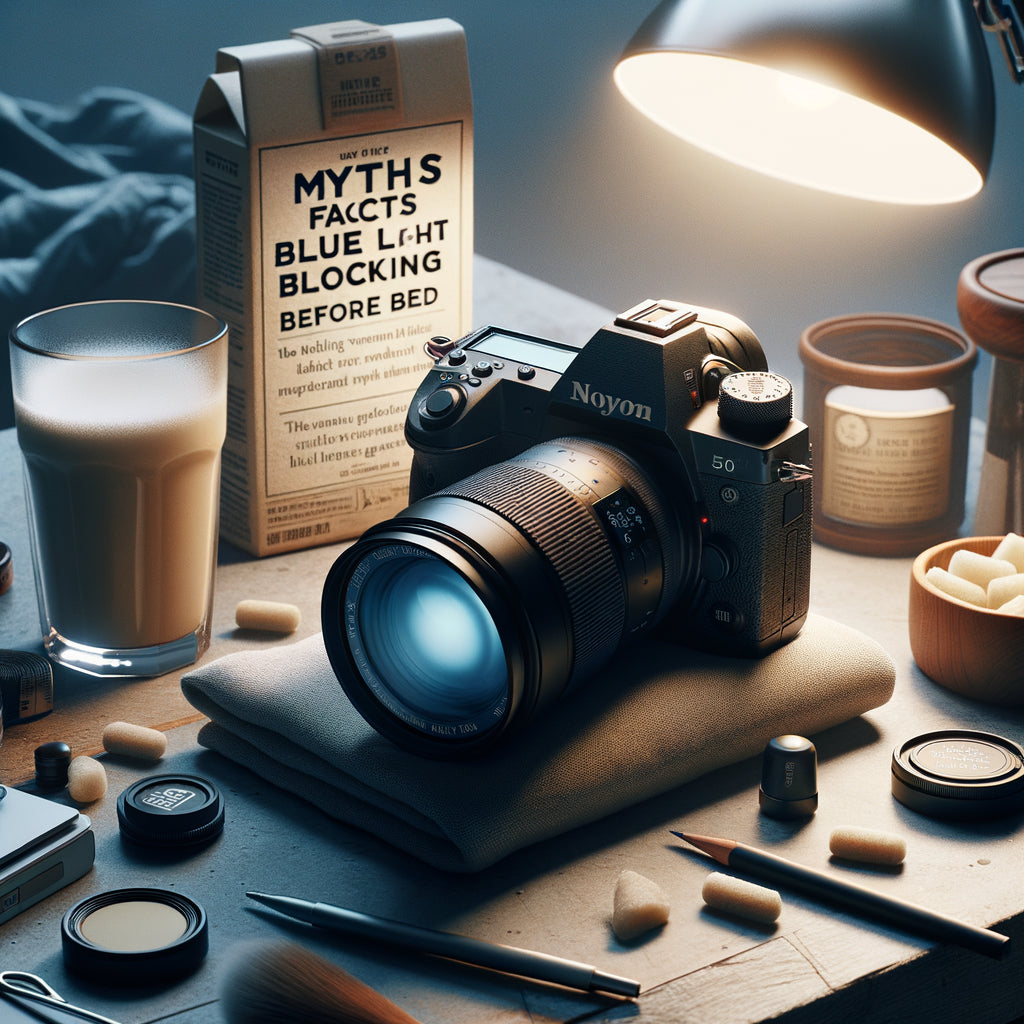
Debunking Blue Light Blocking Myths: Facts You Should Know
Have you ever wondered if the blue light from your devices really affects your sleep? With so much information floating around, it’s easy to get confused. Let’s explore the myths and facts surrounding blue light blocking before bedtime.
What Is Blue Light and How Does It Affect Sleep?
Blue light is a part of the visible light spectrum, emitted by the sun, LED lights, and screens. It plays a crucial role in regulating our circadian rhythms, which affect sleep patterns. Exposure to blue light, especially in the evening, can hinder melatonin production, making it harder to fall asleep.
Myth 1: All Blue Light Is Bad for Sleep
Not all blue light is detrimental. Natural blue light from the sun helps keep our internal clocks in sync. The problem arises when artificial blue light is introduced too late in the day.
Fact 1: Blocking Blue Light Can Improve Sleep Quality
Studies show that reducing blue light exposure in the evening can enhance sleep quality. Tools like blue light blocking glasses or apps can be effective in filtering out harmful wavelengths.
Myth 2: Blue Light Blocking Glasses Are a Cure-All
While blue light blocking glasses can help, they aren’t a complete solution. They work best when combined with other good sleep practices, such as reducing screen time before bed and maintaining a consistent sleep schedule.
Fact 2: Screen Time Matters More Than You Think
Excessive screen time, especially before bed, can significantly affect sleep. Limiting exposure to screens at least an hour before sleep can be more beneficial than solely relying on glasses.
What Are Some Effective Ways to Reduce Blue Light Exposure?
- Use blue light filters on your devices.
- Switch to "night mode" on your screens.
- Wear blue light blocking glasses in the evening.
- Read physical books instead of using screens.
Is Blue Light Blocking Necessary for Everyone?
Not everyone is equally affected by blue light. Some individuals may experience more significant sleep disturbances than others. It’s essential to listen to your body and adapt your habits accordingly.
What Are Other Ways to Improve Sleep Hygiene?
- Maintain a cool, dark bedroom.
- Establish a relaxing bedtime routine.
- Avoid caffeine in the afternoon.
- Consider using a sauna or floatation therapy for relaxation.
For more wellness products to aid in your journey, check out our saunas and floatation therapy tanks.
FAQs About Blue Light Blocking
1. Can blue light blocking glasses help everyone?
Not necessarily. Their effectiveness varies from person to person.
2. How can I tell if blue light is affecting my sleep?
If you struggle to fall asleep or feel tired during the day, it may be worth examining your screen time.
3. Are there specific times I should avoid blue light?
Avoid blue light exposure at least an hour before bedtime.
4. Do all devices emit blue light?
Yes, most devices like smartphones, tablets, and LED lights emit blue light.
5. Can I completely eliminate blue light exposure?
It’s challenging to eliminate it entirely, but you can significantly reduce it with proper habits.
6. Are there apps to help with blue light reduction?
Yes, many apps can adjust your screen's color temperature to minimize blue light exposure.
7. Is there a difference between natural and artificial blue light?
Yes, natural blue light helps regulate sleep, while artificial blue light can disrupt it if used too late.
Understanding the facts and myths surrounding blue light blocking before bed can empower you to make better choices for your sleep health. Start implementing these tips today for more restful nights!
For more information on improving your wellness, explore our offerings on massage chairs and other health products.
Author Bio: Jane Doe is a health and wellness expert with over 10 years of experience in sleep research and digital wellness. She is passionate about helping others improve their sleep quality through informed choices.
FAQs
What is Blue Light Blocking Before Bed Myths Vs Facts?
A brief overview of Blue Light Blocking Before Bed Myths Vs Facts, including its purpose and typical benefits.
What are the main benefits of Blue Light Blocking Before Bed Myths Vs Facts?
Commonly reported benefits include improved well-being, focus, and recovery. Individual results vary.
How often should I practice Blue Light Blocking Before Bed Myths Vs Facts?
Most people start 1–3 times per week and adjust based on comfort and goals.
Who should avoid Blue Light Blocking Before Bed Myths Vs Facts?
Anyone with medical conditions should consult a healthcare professional before starting.
Can I combine Blue Light Blocking Before Bed Myths Vs Facts with other wellness practices?
Yes—pairing with sleep hygiene, hydration, light exercise, and mindfulness can enhance results.
View More Articles